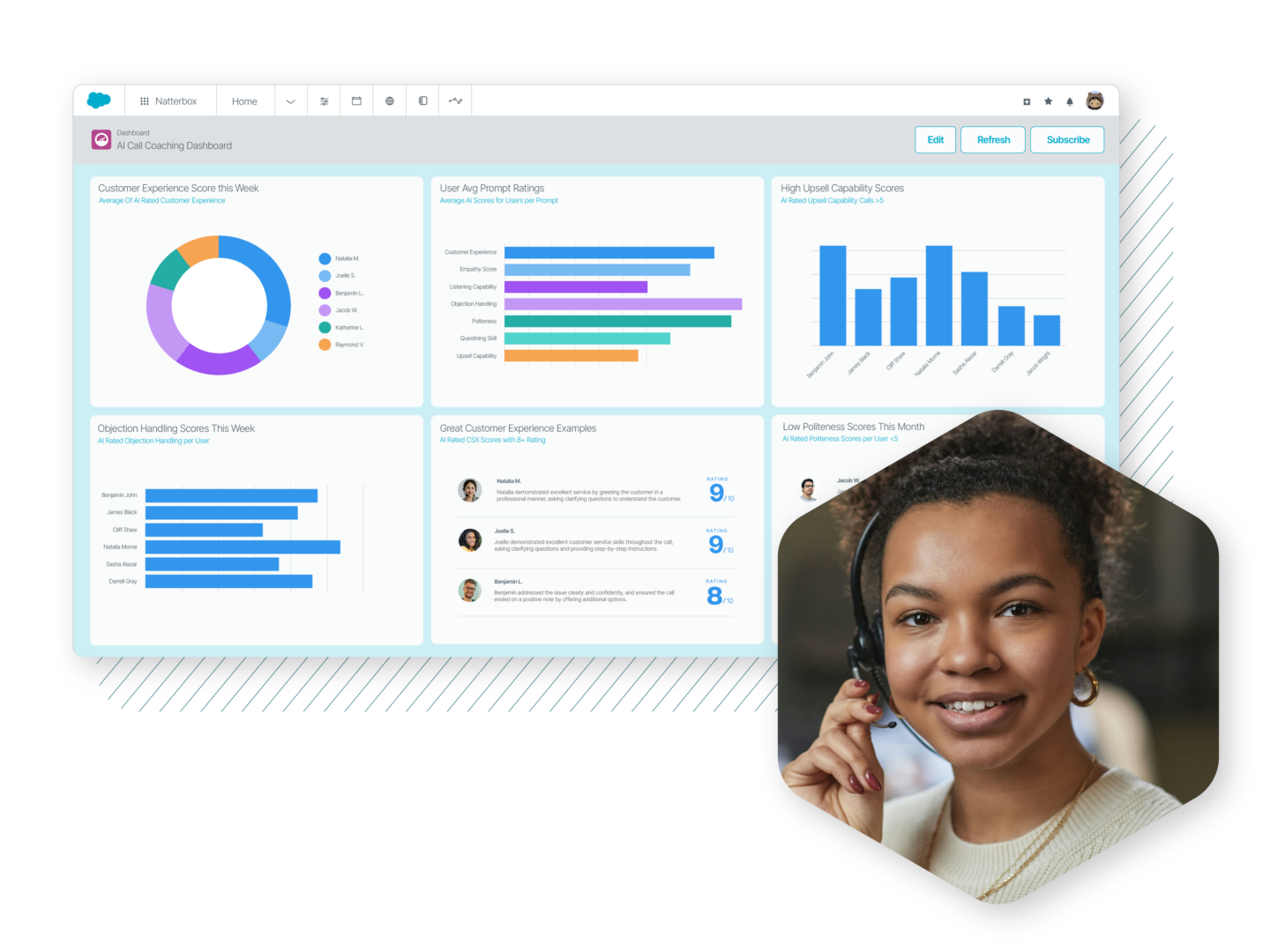Mobile
Record
Voice
The value of conversation in the mobile age, by Neil Hammerton
Natterbox Team

As a society we’re finally understanding the value of information. The age of data driven decisions is highlighting how much information is out there and just what it means for our businesses and lives.
Mobile is one of the leading generators of information and, as you may remember, the original purpose for these little computers in our pockets is voice calling. Of course as we learn more about the value that can be attributed to information we are alerted to the risks of not gathering it.
For example, earlier this year a taxi driver was falsely accused of a crime by a female passenger. The driver spent a night in prison and only proved his innocence when police listened to a recording he had made on his smartphone that proved no attack took place.
This is a stark reminder of how crucial the information that we transfer on calls can be. Unlike email, text and social media – there’s no automatic facility to track them on most phones. In an age where the world is waking up to data, it seems we’re forgetting about one of the most intensive data generators of all, the spoken word.
There’s no indication that mobile’s penetration into the everyday running of the business will decrease. The EU recently announced new regulations that will cap the cost of making international calls and downloading data while travelling in Europe.
I know most of you are thinking: “Fantastic, I won’t be getting whooping big bills when I’m sunning my self in Crete”. But actually changes like this will mean businesses are going to increase the use of mobile even further as it becomes more economically attractive.
More calls, from more disparate locations and in more unusual circumstances – the pressure on businesses to find a solution for recording mobile calls is growing. Many heavily regulated industries such as areas of finance and the legal profession have been using call recordings for the last few years and I don’t know of a single firm that would want to turn back the clock.
Just to be clear, this is not a ‘big brother is stealing your personal information’ situation. I’m talking about the recording of professionally related conversations that will ensure your company and its employees are protected in the event of disagreements, auditing or even more serious legal action.
Managers in charge of a mobile flexible workforce need to understand that these threats are real. Just like the taxi-driver found out, people will try and take advantage of situations – either legally or illegally.
Call recording will also, I believe, be part of the big data movement in the future. Once the call is recorded and automatically transcribed a company could potentially start doing some very interesting things with that data set. Are there certain phrases or words more successful sales people use, for example, or any number of other key indicators that could help influence our decisions. In many ways we’re only scratching the surface of this type of analysis.
We’re uncovering the value of new data sets everyday and mobile conversations are in the earliest stages of this due to the dynamics nature of conversations. However, one thing is clear as an insurance policy the value of keeping track of calls couldn’t be higher.



